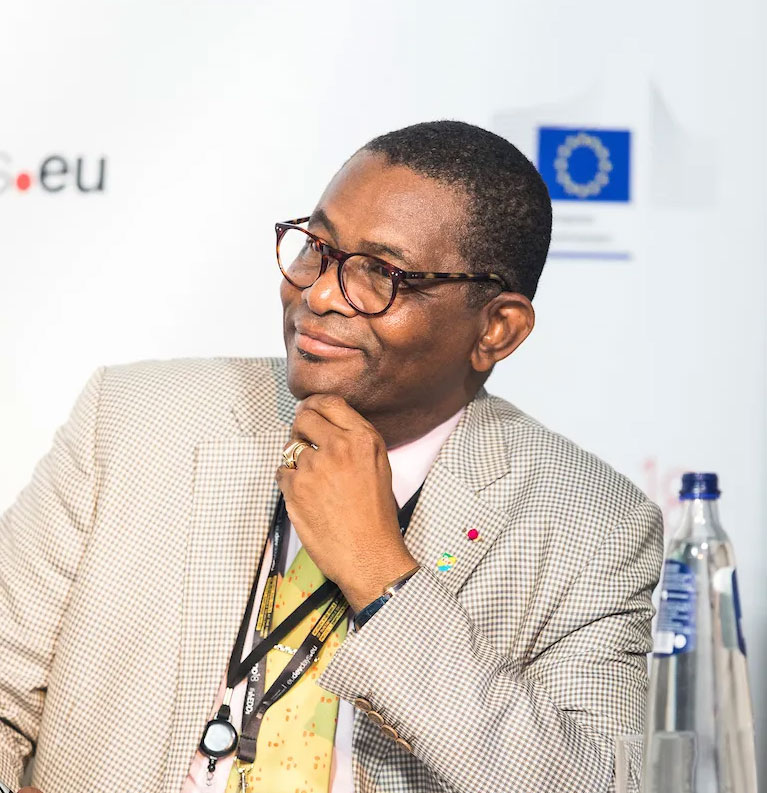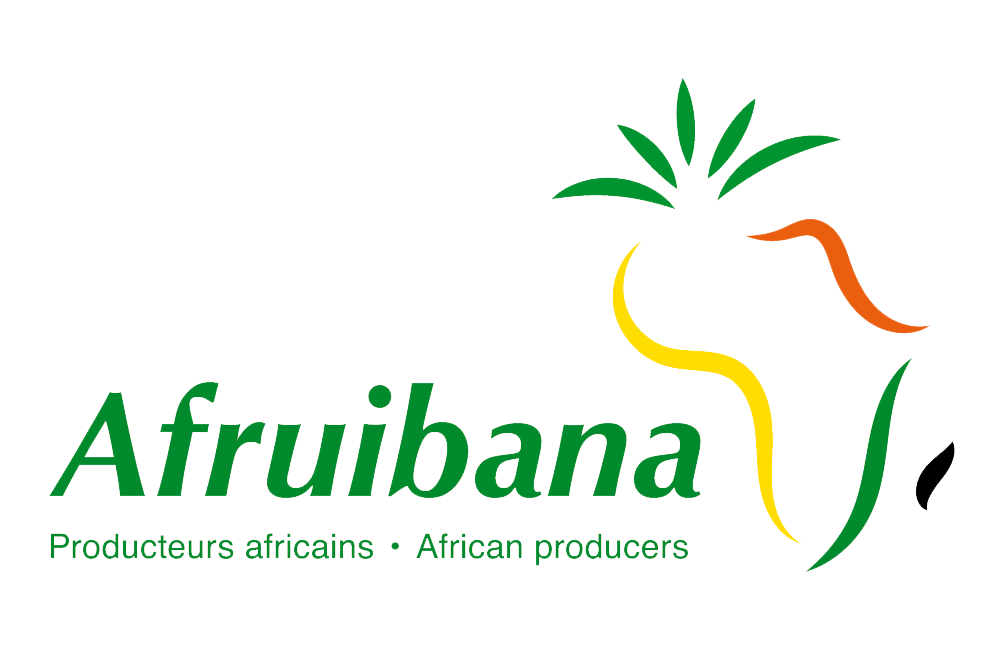Welcome
to Afruibana
A word from the President
While the world is going through a phase of political and economic instability of rare intensity, Africa and Europe are natural partners who count on each other to create sustainable and beneficial growth for all. Today, the European Union is Africa's main trading partner, accounting for 30% of its trade. That gives Europe an important responsibility as a partner in the development of the African continent.
Agriculture is a forward-looking sector in Africa, and should be a priority for European investment on the continent. Through the banana sector, Afruibana is leading the fight for the whole continent for competitive and sustainable agriculture, job creation and the integration of young people into economic and social life.

Our actions
Our goals
Follow us on Twitter
